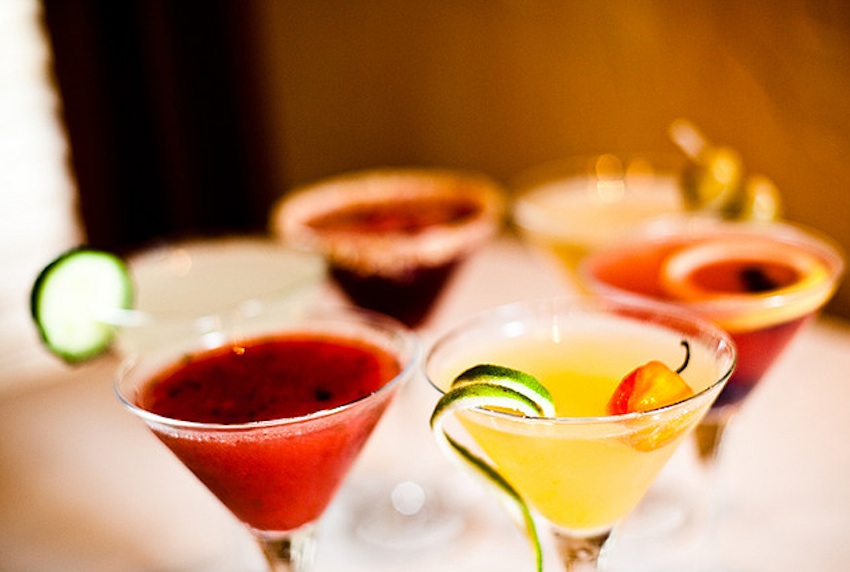Councilor Files Bill to Uncap Liquor License Restrictions in Boston

Photo via Flickr.com
Boston City Councilor Ayanna Pressley thinks the state’s liquor laws are extremely outdated.
“State control over liquor licenses was a result of [a] Prohibition-era frenzy about alcohol, and a power struggle between Yankee legislators and Irish-dominated local governments,” Pressley said in a petition filed Wednesday to reestablish the distribution of licenses in the city. “Those conditions no longer apply, yet these restrictions are still in effect.”
Calling for drastic changes on the limited number of licenses Boston is allowed to award restaurants looking to serve alcohol to customers, Pressley submitted a home rule petition that she spent one year crafting. Pressley filed the bill with the state legislature in an effort to attempt to put the responsibility of determining the number of liquor licenses the city can have in the hands of Boston’s licensing division.
Currently, Boston has a cap on the number of licenses it can distribute to business owners. This can lead to restaurateurs charging upward of $400,000 to transfer a license to a new business owner if they decide to close.
Boston’s cap is set at 650 full liquor licenses and 320 wine and malt beverage licenses. “The unnecessarily high cost of doing business makes it difficult for entrepreneurs—particularly small [and] local, minority, and women-owned business enterprises—to bring innovation to the cultural, arts, and culinary arenas,” Pressley said in her proposal. “It unduly burdens entrepreneurs who wish to open small neighborhood establishments, who in some estimates rely on alcohol sales for up to a quarter of their revenue.”
Because state law ties the number of licenses a city or town can have to a community’s overall population, pursuing a business venture can become costly in a place like Boston, and deter a neighborhood from expanding or bringing in new clientele. It can also lead to restaurants seeking other locations, like Cambridge or Somerville, where obtaining a license is less costly based on more availability.
“The time for legislative action is now; cities should have control over the alcohol licensing process,” Pressley said. “It’s time for us, not the state, to determine how to economically revitalize our neighborhoods.”
Pressley said some neighborhoods are over-saturated with licenses, like the North End, while others—such as “communities of color”— barely have any, with a scant chance of receiving them anytime soon based on the outlandish costs to obtain one from a previous holder.
Pressley’s proposal would not only lift the state’s cap, but it would allow more prospective restaurants to seek a license, and eliminate the transfer of licenses out of empowerment zones, urban renewal districts and transit oriented developments, so they would no longer cost hundreds of thousands of dollars to procure in the event that an owner closes up shop and decides to sell off a license. Instead, licenses would have to be returned to the city, so they could award them accordingly.
To meet the demands of current license holders, who Pressley worked closely with to craft the home rule petition, they would be “grandfathered in” and retain the ability to sell their license in the future.
Michael Nichols, a candidate for City Council, said he helped weigh in on the draft legislation during the yearlong study on how to improve the liquor license situation in the city, adding that Pressley’s proposal would drastically open up channels of private investment and economic revitalization in every interested neighborhood.
“More restaurants or bars may not be right for every area, but returning the regulation of liquor licenses to the city would enable who knows Boston best—our local government and our neighborhoods—the opportunity to revitalize business districts. It is unquestionably the right policy,” Nichols said.

